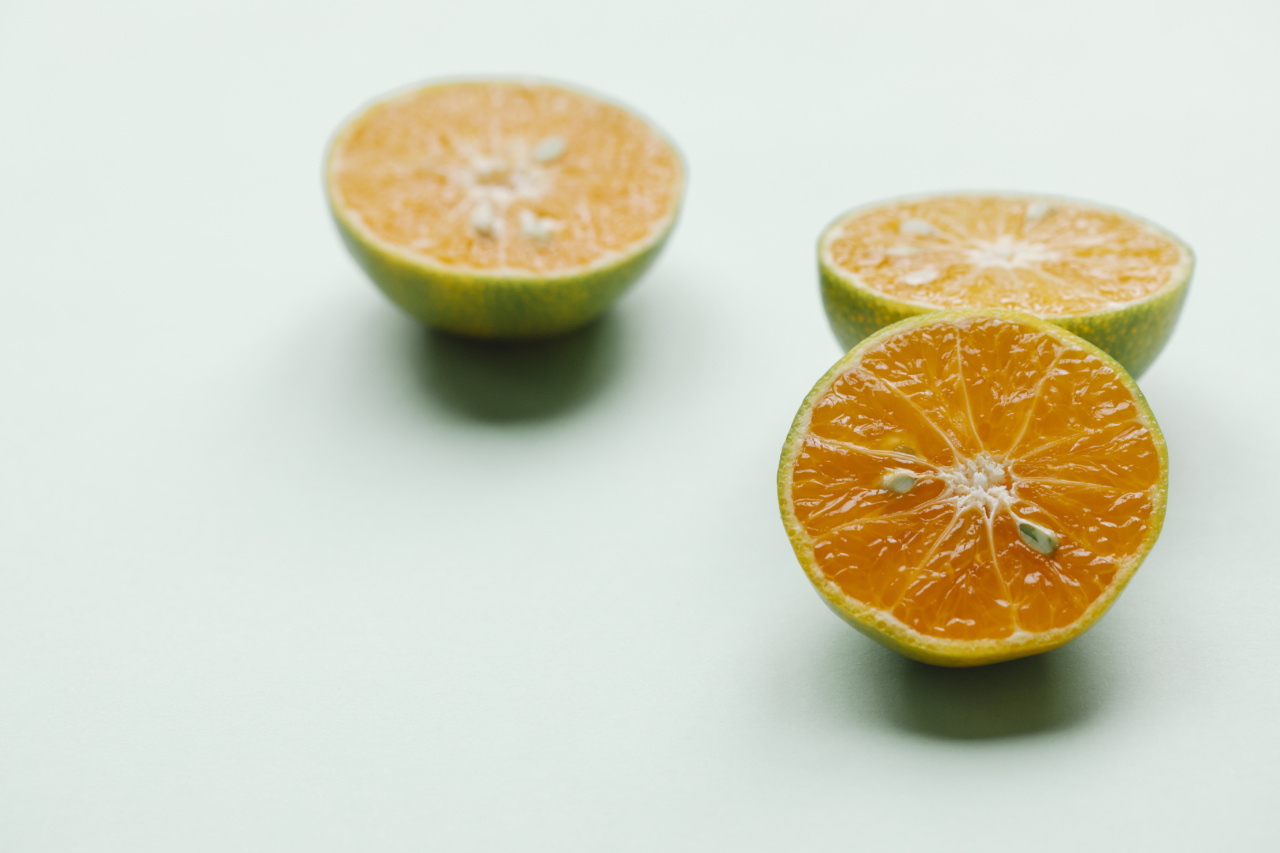Rheumatoid arthritis is a chronic autoimmune disease that primarily affects the joints, causing inflammation and pain. While there is no known cure for rheumatoid arthritis, there are various ways to manage the symptoms and slow down its progression.
One such approach is incorporating a healthy diet that can support joint health and reduce inflammation. In this article, we will explore how you can use your diet to shield your joints from rheumatoid arthritis.
The Role of Inflammation in Rheumatoid Arthritis
In rheumatoid arthritis, the immune system mistakenly attacks the body’s own tissues, primarily targeting the joints. This leads to chronic inflammation, which can result in joint damage, pain, stiffness, and swelling.
By focusing on an anti-inflammatory diet, you can help minimize the inflammation in your body and potentially alleviate some of the symptoms associated with rheumatoid arthritis.
Incorporating Omega-3 Fatty Acids
Omega-3 fatty acids, found in fatty fish like salmon, mackerel, and sardines, have powerful anti-inflammatory properties. These healthy fats can help reduce joint stiffness and pain in individuals with rheumatoid arthritis.
If you’re not a fan of fish, you can also obtain omega-3s from sources like chia seeds, flaxseeds, and walnuts.
Emphasizing Antioxidant-Rich Foods
Antioxidants help protect the body’s cells from damage caused by harmful molecules called free radicals. In rheumatoid arthritis, there is an increased production of free radicals, leading to more inflammation.
Including antioxidant-rich foods in your diet can help combat this oxidative stress. Some excellent sources of antioxidants include colorful fruits and vegetables such as berries, spinach, kale, and bell peppers.
Benefiting from Vitamin C
Vitamin C plays a vital role in collagen synthesis, which is a key component of the joints’ structure. Collagen helps maintain the strength and integrity of connective tissues, including joints.
Citrus fruits like oranges and lemons, as well as strawberries and kiwis, are all excellent sources of vitamin C that you can incorporate into your diet to support joint health.
Getting Enough Vitamin D
Vitamin D is essential for calcium absorption and bone health. Individuals with rheumatoid arthritis tend to have lower levels of vitamin D, which can worsen joint symptoms.
Ensure you get enough sunlight exposure, as sunlight triggers vitamin D synthesis in the body. Additionally, include vitamin D-rich foods in your diet, such as fortified dairy products, fatty fish, and egg yolks.
Including Turmeric
Turmeric, a spice commonly used in curry dishes, contains a potent anti-inflammatory compound called curcumin. Curcumin has shown promise in reducing joint pain and inflammation in individuals with rheumatoid arthritis.
Consider incorporating turmeric into your meals or try adding it to warm milk or tea for a soothing beverage.
Eliminating Processed and Sugary Foods
Processed foods, such as refined grains and sugary snacks, can contribute to inflammation and worsen rheumatoid arthritis symptoms. These foods often contain unhealthy fats and lack essential nutrients.
Opt for whole foods instead, focusing on fruits, vegetables, whole grains, lean proteins, and healthy fats, to support joint health and overall well-being.
Adding Ginger to Your Diet
Ginger has been used for centuries as a natural remedy for reducing pain and inflammation. Studies have shown that ginger can help alleviate joint pain and stiffness in individuals with rheumatoid arthritis.
You can incorporate ginger into your diet by using fresh ginger in your cooking, drinking ginger tea, or taking ginger supplements after consulting with your healthcare provider.
Consider Trying Probiotics
Emerging research suggests that gut health may play a role in managing rheumatoid arthritis. Probiotics, often referred to as good bacteria, can help improve gut health.
Consuming fermented foods like yogurt, sauerkraut, and kimchi, or taking probiotic supplements, may help reduce inflammation and support joint health in individuals with rheumatoid arthritis.
Staying Hydrated
Hydration is essential for overall health, including joint health. Water helps lubricate the joints and supports the functioning of various bodily systems.
Aim to drink an adequate amount of water throughout the day, and reduce or eliminate sugary beverages, as they can contribute to inflammation and negatively impact joint health.
Conclusion
While diet alone cannot cure rheumatoid arthritis, it can play a supportive role in managing symptoms and slowing down the disease’s progression.
By incorporating anti-inflammatory foods, such as those rich in omega-3 fatty acids and antioxidants, and avoiding processed and sugary foods, you can shield your joints from further damage caused by inflammation. Remember to consult with your healthcare provider before making any significant changes to your diet or adding supplements to your routine.































